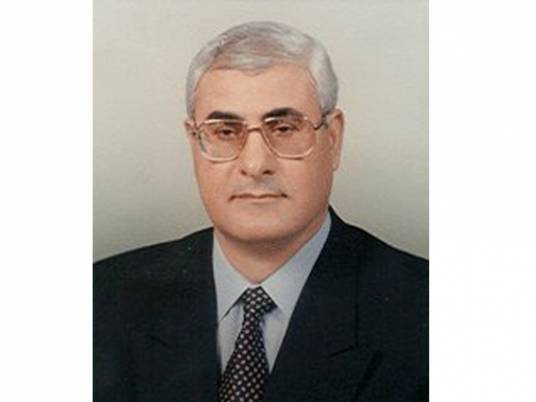In the first official visit made by a high-ranking US official to Egypt since the 25 January uprising, Under Secretary of State for Political Affairs William Burns said the US will encourage changes to Egypt’s democratic system and law enforcement system to build on the momentum of its transition.
“We will encourage steps like constitutional amendments, careful preparation for elections, release of political detainees, and removal of emergency laws,” Burns told reporters during a closed press conference in Cairo on Tuesday.
He added that US commitment to the political transition in Egypt was an “extraordinary priority.”
The transition is considered by America to be in both the US and Egypt’s best interest, said Burns.
“The surest way to attract foreign investment and have tourists return to Egypt is to demonstrate progress in a political transition,” he said.
The US official managed to dodge questions on what his country's position would be if the Muslim Brotherhood were to win a leadership position in the coming Egyptian elections.
Despite having met with a wide range of Egyptians “inside and outside government, and civil society activists,” Burns has not sought a meeting with the Muslim Brotherhood, Egypt’s largest opposition group.
“The focus right now, for the rest of us who want to be supportive for Egypt’s political transition, is to establish the rule of law,” he said, adding that the US will help Egypt investigate the fortunes of those persons whose assets the Egyptian government has requested the freezing of–so far however the list does not include former President Hosni Mubarak.
“I am not aware of any such requests [to freeze assets] with regards to […] President Mubarak,” said Burns.
Egypt has been a constant US ally for more than 35 years, during which time the rule in Egypt has been marred by corruption and human rights abuses that are now undergoing investigation. The Mubarak regime received continuous support from the US throughout, including an aid package that reached a peak of more than US$2 billion annually.
Many assert that the US supported Egypt for over three decades solely as a guarantee for the country's unflinching commitment to the Camp David Accords with Israel.
When asked to explain the US’s continued support for a regime that systematically acted to the detriment to its own people, and whether the US will work toward providing support for an Egyptian government in the future that is consistent with its own commitment to human rights, Burns’ response was vague.
“It’s very important for the US to recognize that stability is not a static phenomenon in the Middle East or any place else. Societies and leaderships that don’t address the aspirations of their people are going to have a very hard time remaining stable […] maybe we need to understand that more clearly in the future,” he said.
As for corruption, the Washington official said: “T[his has] to be addressed […] we have an important stake in supporting human rights in the region, and have to be consistent in doing so.”
Burns went on to express confidence that Egypt’s military will–of necessity–stay true to its promise to honor all international agreements, including Egypt's peace agreement with Israel.
“Egypt will deal with its regional relationships according to its own self interest,” he said.
While not specifying any immediate concrete steps to be taken by the US with regard to the Egyptian transition, Burns assured that the US would do everything in its power to help allocate the right resources to locally decided-on priorities.
“We know the road ahead will not be easy. This is just the beginning of a complicated democratic transition. It is a transition that can only be navigated by Egyptians themselves.”




